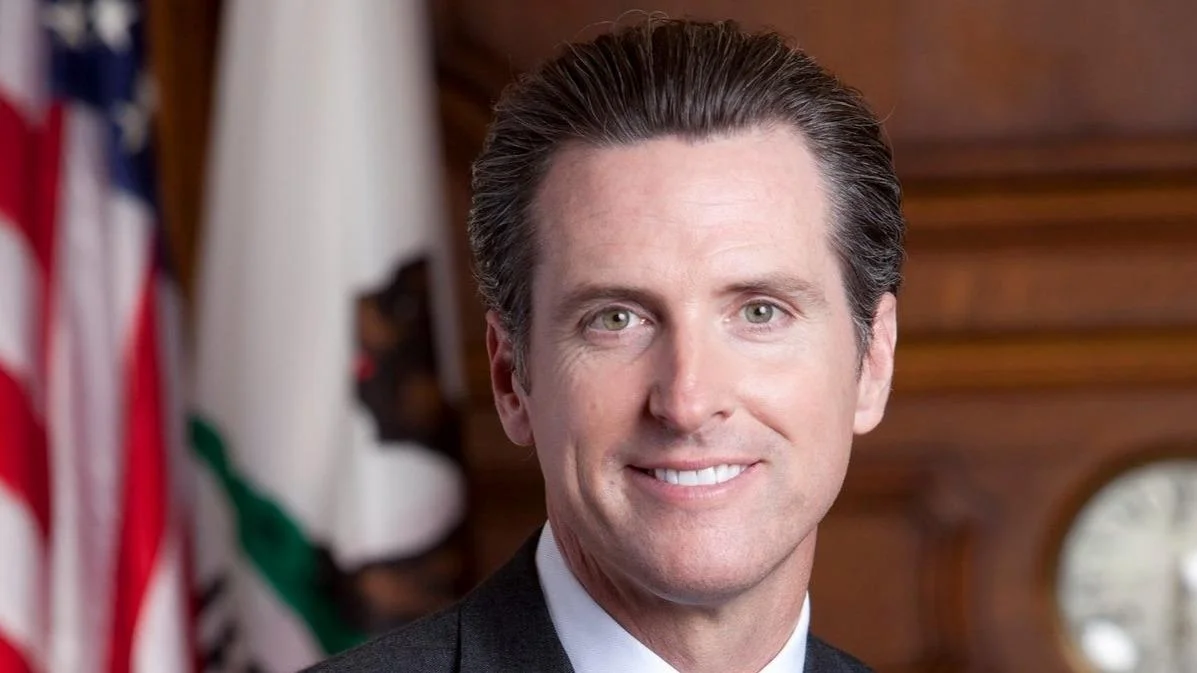
Gavin Newsom, Governor of California | Official website
Governor Gavin Newsom’s office has responded to a recent letter from U.S. Attorney General Pam Bondi that threatened criminal prosecution against state and local officials in California who are alleged to obstruct federal immigration enforcement. The Governor’s office emphasized the ethical responsibilities of U.S. Department of Justice (US DOJ) lawyers, citing California’s Rules of Professional Conduct, which generally prohibit attorneys from pursuing litigation without probable cause or for purposes of harassment.
Bondi’s letter was sent last week to multiple states and cities, including California, warning officials against actions that could be interpreted as hindering federal immigration efforts. In response, Governor Newsom reaffirmed the legality of California’s approach:
"The courts have reaffirmed the validity of California’s laws time and again. This is yet another attempt by the federal government to pressure states into bending the knee and accepting their authoritarian tactics. We will not be bullied into relinquishing our sovereignty."
The Governor referenced United States v. California, a 2019 decision by the Ninth Circuit Court upholding Senate Bill 54 against a Trump Administration challenge. The court found that under the Tenth Amendment's anti-commandeering rule, states may decline to adopt or enforce federal policies with their own resources.
Newsom’s letter warned that threatening prosecutions despite binding legal precedent in cases such as United States v. California could be seen as malicious prosecution. It further noted that initiating criminal action for conduct deemed lawful by courts would likely violate professional ethics rules.
"Any California-licensed US DOJ attorney involved in threatening or initiating such a prosecution in California may therefore risk facing an ethics complaint to the California State Bar," according to Newsom's office.
California law does not block criminal investigations or prevent information sharing regarding individuals’ criminal histories with federal authorities. Since 2019, the state Department of Corrections and Rehabilitation has coordinated with Immigration and Customs Enforcement on over 11,300 cases involving serious crimes such as murder, rape, child molestation, and other felonies.
State policy allows coordination with ICE for people convicted or credibly charged with violent or serious felonies and aims to ensure victims feel safe reporting crimes like human trafficking or domestic violence without fear of deportation repercussions.
At the local level, communication between agencies for immigration enforcement purposes is permitted for more than 30 categories of serious crimes.
Governor Newsom also addressed recent federal actions involving law enforcement and military deployments in California under former President Donald Trump. He stated he has filed formal requests for information regarding what he characterized as intimidation operations at public events related to election processes.
Additionally, Newsom is seeking full accounting from the federal government about expenses related to what he calls unlawful National Guard deployments since June 7—using Freedom of Information Act requests to obtain records on costs associated with activating Marines and federalizing National Guard troops.
The economic consequences of these actions are significant for California: private sector work attendance has dropped by 3.1%, similar to declines seen during COVID-19 lockdowns; forecasts suggest ongoing raids and tariffs could shrink sectors like construction, hospitality, and agriculture later this year (https://www.anderson.ucla.edu/about/centers/ucla-anderson-forecast). Mass detentions could cost $275 billion overall while reducing annual tax revenue by $23 billion (https://lao.ca.gov/Publications/Report/3890).
The loss of immigrant workers—including undocumented individuals—would impede projects such as post-wildfire rebuilding efforts in Los Angeles and disrupt food supply chains while increasing costs statewide (https://www.ppic.org/publication/undocumented-immigrants-in-california/). In 2022 alone, undocumented immigrants contributed $8.5 billion in state and local taxes—a figure projected to reach $10.3 billion if they had access to lawful employment opportunities (https://itep.org/immigration-tax-contributions-state-local/).
 Alerts Sign-up
Alerts Sign-up